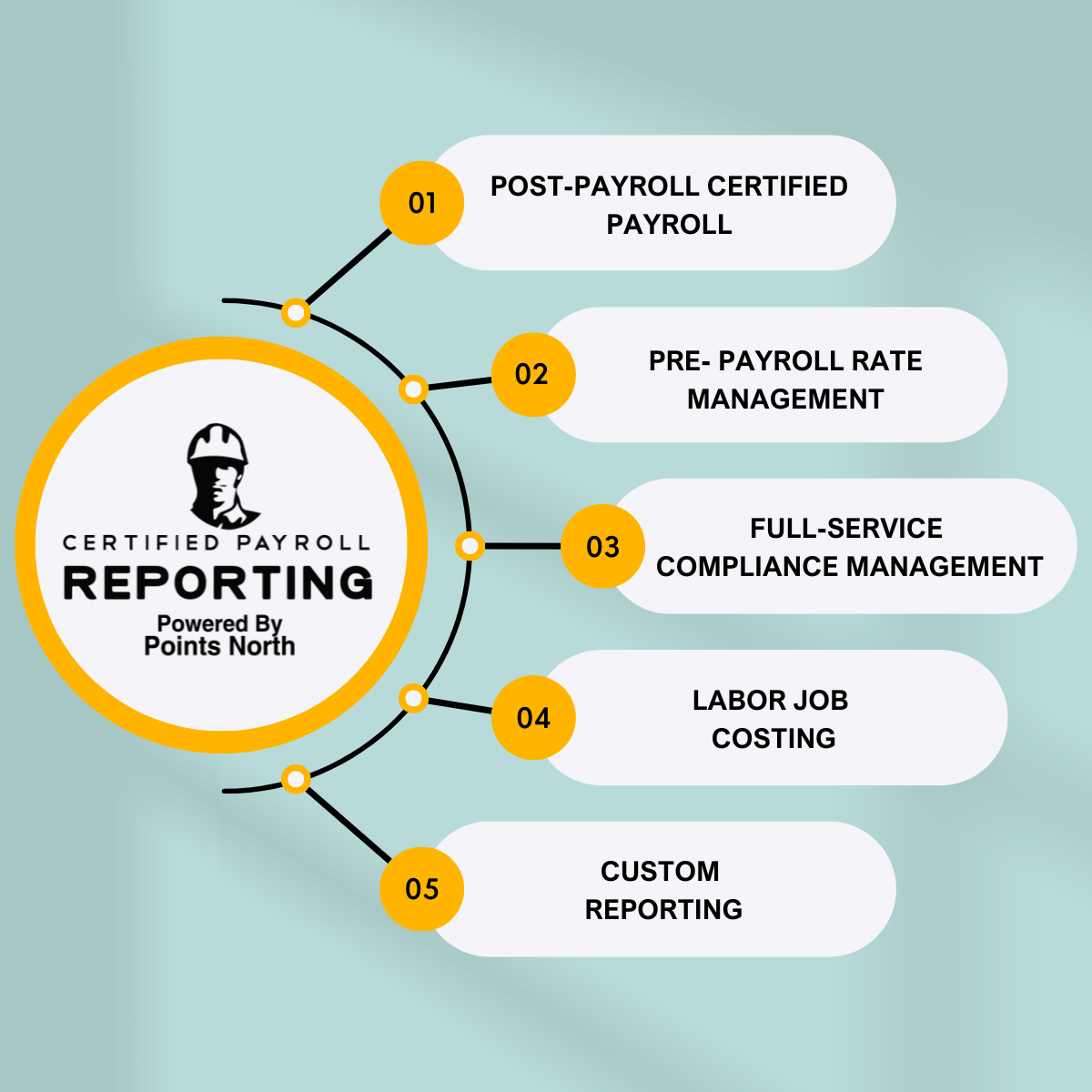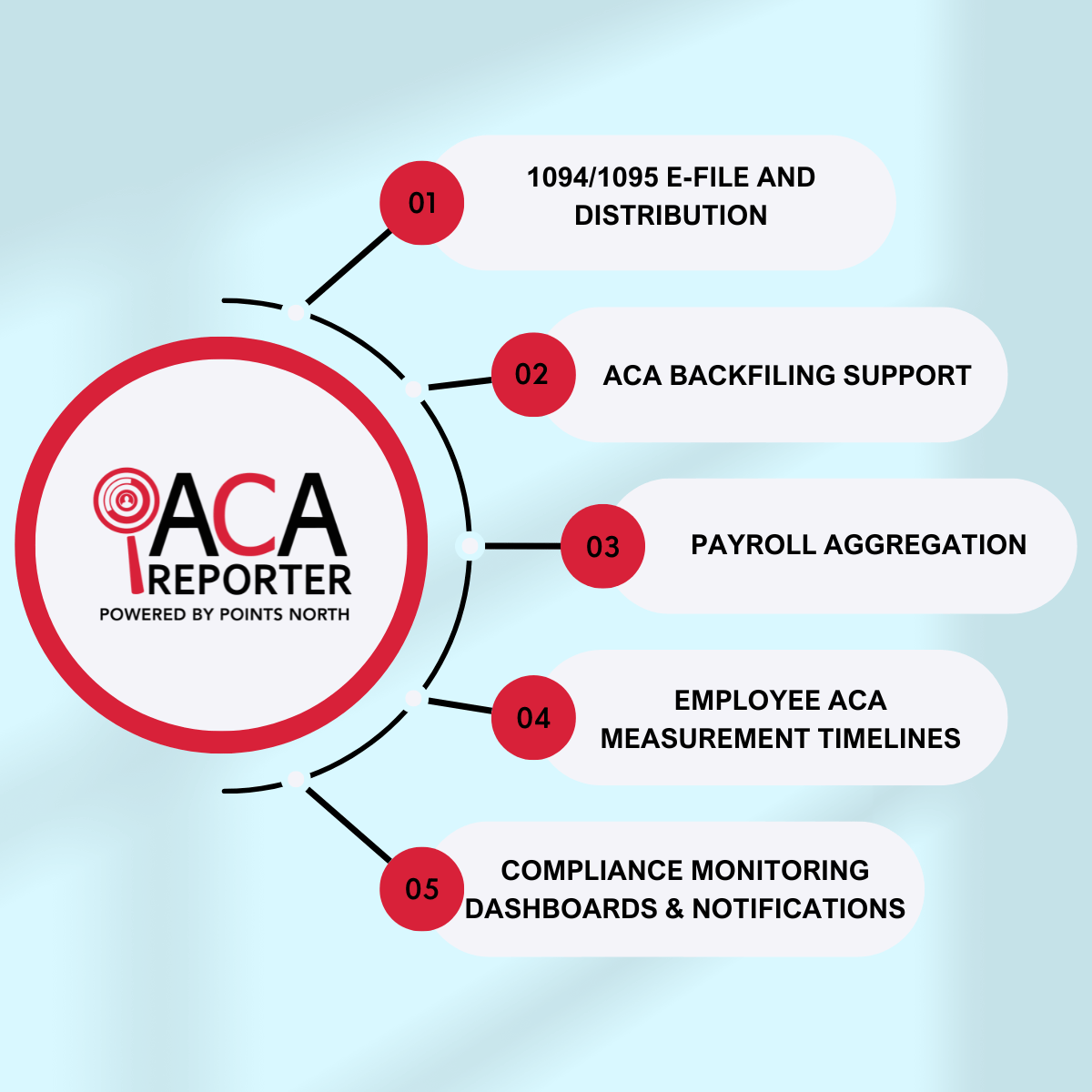Congress has successfully approved the $1.2 trillion infrastructure bill in November, which also passed a signature component of President Biden's economic policy.
The bill will provide a long-overdue investment in America's infrastructure. It will consist of a five-year, $550 billion commitment to upgrading the country's infrastructure, which includes everything from bridges and roads to broadband, water, and energy systems. Experts say the cash is badly needed to guarantee safe travel and efficient transportation of goods and crops across the country.
The project is a major economic initiative that has been compared to the building of the transcontinental railroad and Interstate Highway System. The White House predicts that the projects will generate an average of about 2 million jobs each year during the next decade.
After unusual bipartisan negotiations, the Senate passed the bill on a 69-30 vote in August, and the House followed suit.
Here’s a breakdown of the bill:
Roads and bridges ($110 Billion)
The bill will allocate $110 billion to repair the country's decaying roads, bridges, and highways. According to the White House, 173,000 total miles or nearly 280,000 kilometers of America's highways and major roads are in poor condition, as well as 45,000 bridges. According to the Biden administration, $40 billion for bridges is "the single largest dedicated bridge investment since the creation of the national highway system."
Internet access ($65 billion)
The bill's $65 billion for broadband access would aim to expand internet access in rural areas, low-income families, and indigenous communities. State governments will receive the bulk of the cash through grants.
Public transit ($39 billion)
Approximately $39 billion has been allocated to public transportation to improve access for people with disabilities and assist state and local governments in buying zero-emission and low-emission buses by expanding transportation networks, enhancing accessibility for individuals with mobility impairments, and providing money to states and municipalities. The Transportation Department predicts that the country's present repair backlog is more than 24,000 buses, 5,000 railway cars, 200 stations, and miles of track and power systems.
Electric vehicles ($7.5 billion)
The bill will invest $7.5 billion in electric vehicle charging stations, which the administration deems important to promoting the use of electric vehicles to combat climate change. It would also provide $5 billion for the purchase of electric school buses and hybrids, minimizing reliance on diesel-fueled school buses.
Environmental remediation ($21 billion)
According to the White House, the bill will provide $21 billion in funding for Superfund and brownfield cleanup, mine reclamation, and capped orphaned gas wells.
Electric grid modernizing ($65 billion)
The bill will spend $65 billion to improve the power grid's dependability and resiliency in order to avoid the increasingly common outages. It will develop carbon capture technologies and alternative energy sources that are more ecologically responsible, such as clean hydrogen.
Water and wastewater ($55 billion)
The bill will allocate $55 billion to water and wastewater infrastructure projects. Lead pipes will be replaced for $15 billion, while PFAS, highly toxic chemicals found in the environment (which are used in Teflon and have also been utilized in fire-fighting foam, waterproof clothing, and a variety of other goods) will get $10 billion.
Airports ($25 billion)
The bill will allocate $25 billion to improve runways, gates, and taxiways at airports as well as terminals. It will also modernize aging air traffic control tower technology.
Passenger and freight rail ($66 billion)
To decrease Amtrak's maintenance backlog, which has grown worse since Superstorm Sandy in 2012, the legislation will provide $66 billion to enhance the service on the Northeast Corridor (457 miles, 735 km) and other routes. The $80 billion requested by Biden who rode Amtrak from Delaware to Washington during his time in the Senate would be a decrease of less than half, but it will be the largest federal investment in passenger rail service since Amtrak was established 50 years ago.
Paying for it:
The cost of the five-year spending plan will be paid for by tapping $210 billion in unspent COVID-19 relief aid and $53 billion in unemployment insurance aid that numerous states have stopped, as well as a variety of smaller pots of cash, such as oil reserve sales and spectrum auctions for 5G services.
The $1.4 trillion infrastructure plan is the most comprehensive in decades and it will address everything from transportation to broadband access with a focus on sustainability. The bill has received bipartisan support so far, however with such a hefty price tag there are bound to be questions about how we can afford this kind of investment in our future. We're not just talking about repairing crumbling roads we're also discussing upgrading our power grid and clean energy sources for better environmental stewardship. This is an important piece of legislation that would do much more than fix potholes and provide rail service- it will create jobs and encourage economic growth across the country while making us safer as well as greener.






.png)